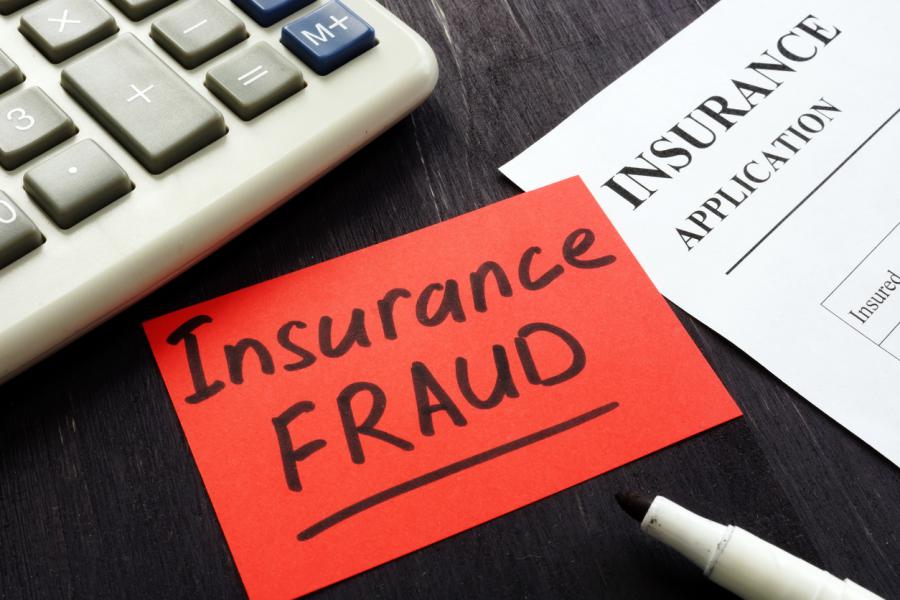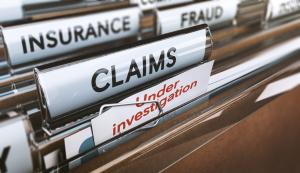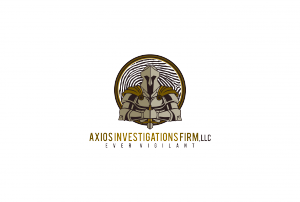
Unveiling Insurance Fraud: Legal Risks, Detection Strategies, and the Role of Private Investigations Expertise
Insurance fraud poses a significant threat to insurers and policyholders, resulting in substantial financial losses and increased premiums industrywide.
RALEIGH, NORTH CAROLINA, UNITED STATES, May 6, 2024 /EINPresswire.com/ -- Insurance fraud poses a significant threat to insurers and policyholders, resulting in substantial financial losses, increased premiums, and erosion of trust within the insurance industry. Understanding the complexities of insurance fraud, its legal implications, effective detection strategies, and the invaluable expertise private investigators provide is crucial in combating this pervasive crime.
Insurance fraud encompasses various deceptive practices to obtain illegitimate financial gain from insurance companies. Typical forms of insurance fraud include:
1. False Claims: Submitting fraudulent insurance claims for losses or damages that never occurred, exaggerating the extent of damages, or providing false information to support the claim.
2. Staged Accidents: Orchestrating accidents or incidents to fabricate insurance claims, such as staged car accidents or fake injuries.
3. Premium Fraud: Providing false information or misrepresenting facts on insurance applications to obtain lower premiums, such as underreporting the value of assets or misrepresenting driving history.
4. Healthcare Fraud: Billing for medical services or treatments that were never provided, forging medical records, or engaging in kickback schemes with healthcare providers.
Legal Risks Associated with Insurance Fraud
Insurance fraud is a criminal offense punishable by law, and perpetrators may face severe legal consequences, including:
1. Criminal Charges: Individuals found guilty of insurance fraud may be charged with criminal offenses, resulting in fines, probation, or imprisonment.
2. Civil Penalties: In addition to criminal charges, insurance fraud perpetrators may face civil lawsuits from insurance companies seeking restitution for financial losses incurred due to fraudulent claims.
3. Professional Consequences: Professionals in the insurance industry found guilty of fraud may face disciplinary actions, loss of licensure, or expulsion from professional organizations.
Detection Strategies for Insurance Fraud
Detecting insurance fraud requires a multifaceted approach involving data analysis, investigative techniques, and collaboration among insurance companies, law enforcement agencies, and private investigators. Effective detection strategies include:
1. Data Analytics: Utilizing advanced data analytics tools to identify patterns, anomalies, and inconsistencies in insurance claims data that may indicate potential fraud.
2. Surveillance and Investigations: Conduct surveillance operations and thorough investigations to verify the legitimacy of insurance claims, gather evidence, and uncover fraudulent activities.
3. Fraud Hotlines and Tip Lines: Establish anonymous hotlines or tip lines to encourage whistleblowers and individuals with knowledge of fraudulent activities to report suspicious behavior.
4. Collaboration with Law Enforcement: Working closely with law enforcement agencies to investigate and prosecute insurance fraud cases, leveraging their resources and expertise in criminal investigations.
Role of Private Investigations Expertise
Private investigators, Axios Investigations Firm, play a crucial role in the detection and investigation of insurance fraud, offering specialized skills, resources, and expertise, including:
1. Surveillance Techniques: Private investigators are trained in surveillance techniques, enabling them to discreetly observe individuals and gather evidence of fraudulent activities, such as staged accidents or exaggerated injuries.
2. Background Investigations: Conduct thorough background checks on claimants, witnesses, and other parties involved in insurance claims to uncover past fraudulent behavior or criminal history.
3. Interviewing Skills: Private investigators are skilled in conducting interviews and interrogations to elicit information, uncover inconsistencies, and determine the veracity of insurance claims.
4. Evidence Collection: Private investigators are adept at collecting and preserving evidence, including photographs, videos, witness statements, and documentation, to support legal proceedings and insurance claims investigations.
Conclusion
Insurance fraud poses significant legal, financial, and reputational risks for insurers and policyholders. By understanding the complexities of insurance fraud, implementing effective detection strategies, and leveraging the expertise of private investigators, insurers can mitigate losses, deter fraudulent behavior, and uphold the integrity of the insurance industry. Collaborative efforts among insurance companies, law enforcement agencies, and private investigators are essential in combating insurance fraud and protecting the interests of all stakeholders involved.
Christian Robinson
Associate Press
+1 833-462-9467
email us here
Visit us on social media:
Facebook
Twitter
LinkedIn
Other
Insurance Fraud Investigations
EIN Presswire does not exercise editorial control over third-party content provided, uploaded, published, or distributed by users of EIN Presswire. We are a distributor, not a publisher, of 3rd party content. Such content may contain the views, opinions, statements, offers, and other material of the respective users, suppliers, participants, or authors.




